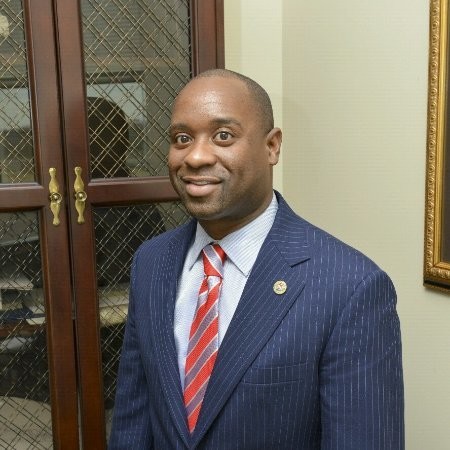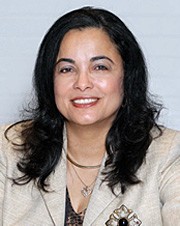 JB
JB
Candidate Walker (l) at her downtown town hall.
The town hall format, whereby a political figure presides over an open-ended group discussion of public problems and issues, has long been a staple of elected officials; it is also coming into increasing use by candidates for office, and, at best, can be a showcase of Socratic inquiry, as was the case last week in town hall on downtown issues, presided over by City Council candidate Pearl Eva Walker at Robinson Gallery.
Walker is one of several candidates seeking Position 1 of Super District 8. The others are Nicole Cleaborn, Gerre Currie, Derrick “Dee” Harris, and J.B. Smiley Jr., and while most public attention (such as exists) has focused on the candidacies of Currie, the current District 6 Council incumbent, and Smiley, Walker clearly has an open-minded approach to issues and a constituency responsive to it. Earlier this year, she won the endorsement of the 2019 People’s Convention.
After a brief self-introduction in which she expressed support for solar energy and re-designation of MATA bus routes, Walker led an energized group of attendees through two hours of highly charged discussion on specific downtown issues, in the process posing a challenge to the reigning assumptions of city government.
One pathway of discussion led into questioning the current mode of downtown development, whereby what one participant labeled “para-governmental” authorities had without much in the way of public sanction imposed a growth strategy on downtown that favored the “live, work, play” formula and entertainment projects over the needs of the area’s residents.
As that idea was explored by others, a consensus seemed to develop that fundamental problems were overlooked:
That, for example, there was a pell-mell rush to turn downtown into a high-density center for upscale residence and recreation without regard to the needs of existing residents or attending to what is already an outmoded and overworked sewer system in the area.
That the development of Downtown and of the city’s medical district has failed to provide the infrastructure, including schools and adequate local transportation, needed by working-class residents.
That PILOTS (“payment-in-lieu-of tax” inducements to new business and industry) had been failures as factors in economic rejuvenation, in that, among other things, the higher salaries brought to town by new industry go principally to imported executives who often find residences outside the city.
That projects like the planned redevelopment of Tom Lee Park are brought into being without adequate public vetting or proper consideration for their effect on existing institutions.
There was more such thinking out loud, adding up to a coherent critique of things as they are, and, right or wrong, all of it was the sort of stimulant that ideally should be part of the public dialogue. Last Thursday’s town hall downtown followed one in the North Hollywood area and precedes one to be held Tuesday evening at Abyssinia Baptist Church in Whitehaven.

 LinkedIn
LinkedIn  Shelby County
Shelby County  LinkedIn
LinkedIn